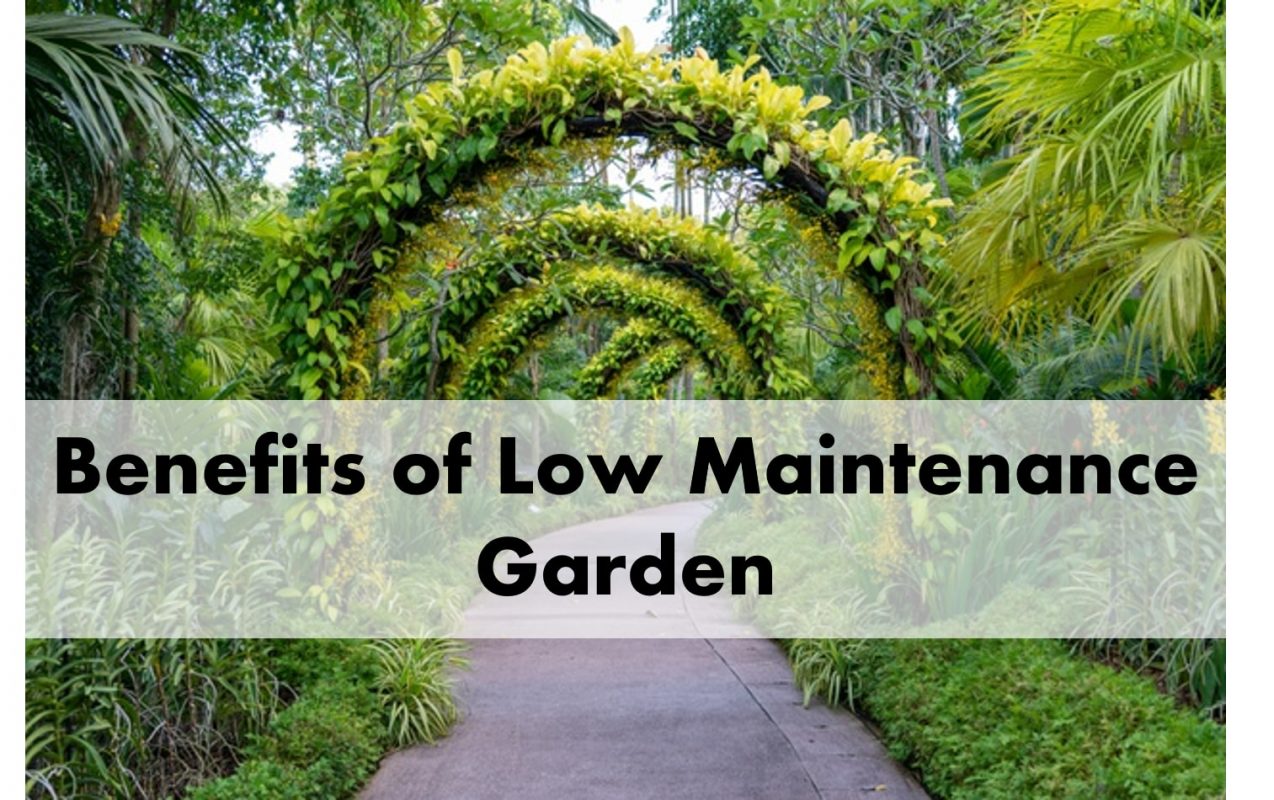Beginner plants
Benefits Of Low Maintenance Garden
A person who loves the outdoors and appreciates a healthy, attractive garden often has a lot of time and money invested in his or her garden. It really doesn’t matter whether you are a professional gardener or just an amateur gardener learning these practical gardening tips will make your job easier. It’s not that difficult to care for a garden – but having a beautiful garden is another matter.
Here are some of the financial benefits of Low maintenance garden.
1. Less Worry About Maintenance
If you have a low maintenance garden, you have less to worry about. Gardens need less work and maintenance to keep them looking clean, well kept and up to the current trend. Because plants are very delicate, they need regular watering, fertilizing, weed control and insect control to stay healthy.
If you are a serious gardener, you will do all of these things yourself, but if you’re just starting out, buying or building a fence, buying and planting seeds, and hiring someone to take care of your flowers, vegetables, and other plants is a great way to go.
2. Save A Lot Of Money
Aside from being able to trim your plants, pruning them, taking good care of your flowers, and generally taking care of your garden all on your own, you also have another big advantage in making sure you save money. The reason that low maintenance gardens tend to cost less money is that the tasks that must be performed tend to do most of the work for you.
The trimming, picking, weeding, etc., tend to take most of the work out of the process. Since you’re doing it yourself, you know what needs to be done, and you tend to do it faster than when you hire someone else. Therefore, even if you do spend a little more money buying maintenance flowers and plants, if you figure the amount you spend on paying employees, and the amount you save on the work you do yourself, you will actually save money.
The second big reason to consider having a low maintenance garden is that it will save you money because you will not need to buy fertilizers and pesticides every year. It would be very expensive to purchase these things and have to use them right away.
Even if you do use the products every year to keep your gardens healthy, your costs are probably not worth it if you were to have to use them all year round. If you had a low-maintenance garden, however, you would only need to fertilize your gardens two times each year, instead of four or more times.
3. Fewer Problems In Yard
One of the biggest reasons to have a low maintenance garden is that there are fewer problems to tend to in the yard. Because the work is not done by someone else, it does not become another job that has to be done immediately.
For example, if your lawn needs cutting for the winter, but your flower beds aren’t pruned, they will start to dry up in the spring, requiring more watering, which means more work for you in the summer. Because of this, your lawn and flower beds will remain healthier as long as you take the time to water them properly every year.
4. Increases Value Of Your Home
Low maintenance gardens also increase the aesthetic value of your home. When people see lush green plants and flowers, they are more apt to appreciate your home for its architecture as well as the plants you chose to grow. By having low maintenance gardens, you ensure the value of your home will rise. You will also increase the value of the land, your land is built on because your plants will grow better and longer. Landscaping and building a garden is very expensive, so having a garden that requires less work increases its value.
5. Few Tips For Best Low Maintenance Garden
5.1 Mulch Your Garden
- One of the best low-maintenance landscaping tips is to mulch your garden.
- Mulching will help keep your soil moist and prevents it from drying out, which could cause problems with certain types of plants.
- If you choose to skip mulching your garden will still benefit from mulching, just not as much.
- Having dry soil will decrease the growth of your plants. Also, mulching will protect your garden from animals and insects.
5.2 Having Good Location For Garden
One last tip to consider is where you plant your garden.
- Planting it too close to a structure or in the wrong area could be a safety hazard.
- Try to plant your garden away from any power lines, telephone wires, and any other electrical cords that could come in contact with your plants.

